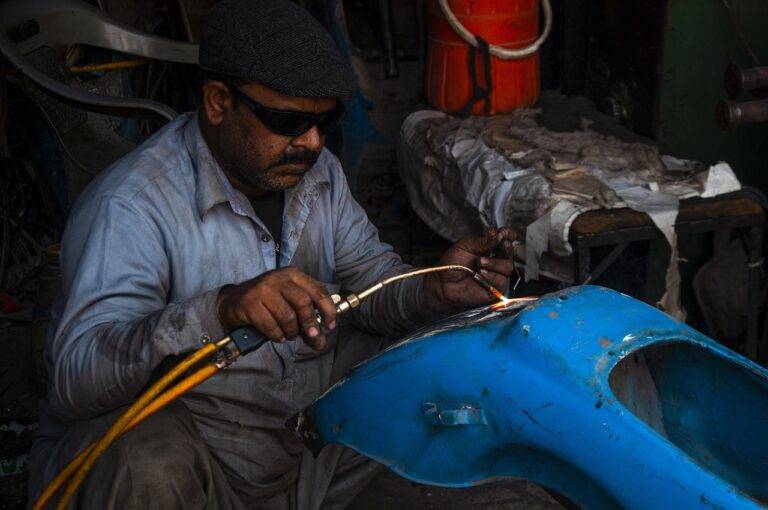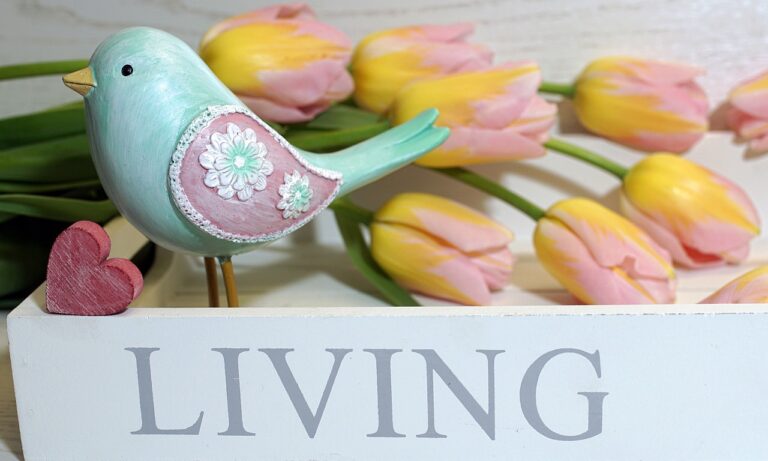Embracing Imperfection: The Beauty of Flaws and Authenticity
Self-acceptance is crucial for our overall well-being and mental health. When we embrace and acknowledge who we are, including our strengths and flaws, we can experience greater inner peace and fulfillment. It allows us to let go of unrealistic standards and expectations imposed by society or ourselves, leading to a sense of freedom and authenticity in our lives.
Moreover, self-acceptance enables us to navigate life’s challenges with resilience and a positive mindset. Instead of getting stuck in self-criticism and doubt, we can approach difficulties with self-compassion and a growth mindset. By accepting ourselves fully, we can cultivate a stronger sense of self-worth and confidence, empowering us to pursue our goals and dreams without being hindered by self-doubt.
Recognizing the Unique Qualities of Imperfections
Imperfections are often viewed as flaws or shortcomings that need to be fixed or hidden. However, they carry unique qualities that set individuals apart and make them truly special. Each imperfection tells a story, adding depth and character to a person’s overall identity. Embracing imperfections allows for a more authentic and genuine expression of self, fostering connections based on vulnerability and acceptance.
When we acknowledge and accept our imperfections, we open ourselves up to growth and self-discovery. They serve as reminders of our humanity and offer opportunities for learning and development. By reframing imperfections as distinctive traits that contribute to our individuality, we can cultivate a sense of appreciation for the beauty in our flaws. Embracing imperfections not only enhances self-acceptance but also encourages us to celebrate the uniqueness of our authentic selves.
Learning to Appreciate Vulnerability
Vulnerability is often viewed as a sign of weakness in our society, but in reality, it is a powerful and courageous act of self-acceptance. It takes strength to acknowledge and embrace our vulnerabilities, rather than trying to hide or mask them. By allowing ourselves to be vulnerable, we open ourselves up to deeper connections with others and to truly authentic experiences.
When we accept our vulnerabilities, we are no longer burdened by the need to appear perfect or invulnerable. Instead, we can approach life with honesty and openness, allowing others to see us as we truly are. This sense of authenticity not only fosters genuine relationships but also helps us to connect more deeply with our own emotions and experiences. Embracing vulnerability is not a sign of weakness, but rather a testament to our resilience and courage in the face of life’s uncertainties.
• Embracing vulnerability allows for deeper connections with others
• Accepting vulnerabilities leads to authentic experiences and relationships
• Being vulnerable is a sign of strength and courage, not weakness
• Authenticity fosters genuine emotional connections with oneself and others
Why is self-acceptance important in learning to appreciate vulnerability?
Self-acceptance is important because it allows us to embrace our imperfections and vulnerabilities without judgment or shame, ultimately leading to a greater sense of self-love and acceptance.
How can recognizing the unique qualities of imperfections help us appreciate vulnerability?
By recognizing the unique qualities of imperfections, we can see that vulnerability is not a weakness but rather a strength that allows us to connect with others on a deeper level and show our authentic selves.
What are some ways to learn to appreciate vulnerability?
Some ways to learn to appreciate vulnerability include practicing self-compassion, embracing uncertainty, and being open and honest with ourselves and others about our feelings and struggles.







